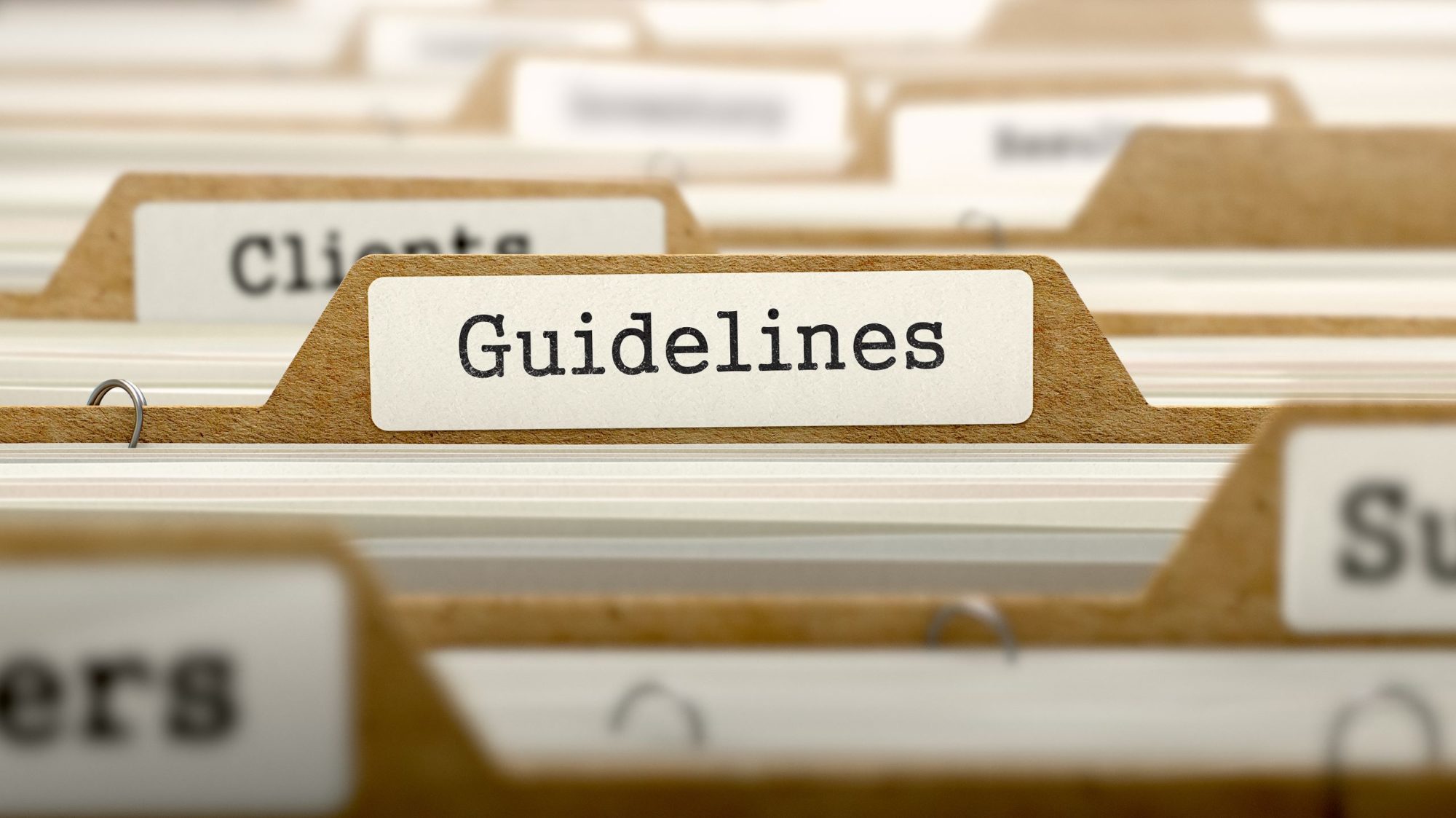From a simplistic point of view, a records custodian is someone who has custody or possession of recorded information. However, the role entails more than mere possession—it encompasses legal obligations dictated by federal and state laws. While custodianship can be assigned to individuals or entities, such as a hospital’s legal department or a dedicated records storage organization, the fundamental duty remains the same: to handle records securely and ethically. Below are essential guidelines for ethical practices in custodial records management:
Management
- Familiarize yourself with the filing system and retention periods of records when assuming custodial duties from another entity.
- Restrict access to records, ensuring only authorized personnel can retrieve data, whether in physical or digital form.
Record Requests
- Responsively address requests from private individuals and record retrieval companies, verifying proper authorization and information.
- When faced with a subpoena request, assess its validity and legal compliance before releasing records.
- Ask about charges for records retrieval. Are those costs passed on to the patient, or are requests from patients processed for free? Many custodial records companies not only charge patients to retrieve their own records, but charge two to three times the legal limit of $6.50 per record.
Compliance
- Stay abreast of records privacy laws and promptly update practices to adhere to new regulations.
- Non-compliance puts custodians at risk of penalties under federal and state laws, emphasizing the importance of adherence.
Safeguarding
- From the moment of custody transfer, safeguard records against external threats through theft prevention measures, both physical and digital.
- Internally, limit access to records to authorized personnel only, implementing measures to deter unauthorized entry.
- Employ physical security measures such as secure buildings, climate control, fire protection, and digital safeguards like firewalls.
Written Policies
- Develop comprehensive guidelines outlining the criteria for granting access to records, ensuring consistency and standardization.
- Policies should cover the request process, required information, response procedures prioritizing promptness, and any associated fees, in compliance with state laws.
Choosing Custodial Services
Cariend offers professional and ethical custodial records management services, guaranteeing care and compliance throughout all of our services. We choose not to charge patients for the retrieval of their own records so there are no barriers to accessing their own medical information.
Whether you’re in the early stages of selecting a custodian or further along in the process, contact us at 855-516-0612 or complete our contact form to initiate secure and compliant record management.










